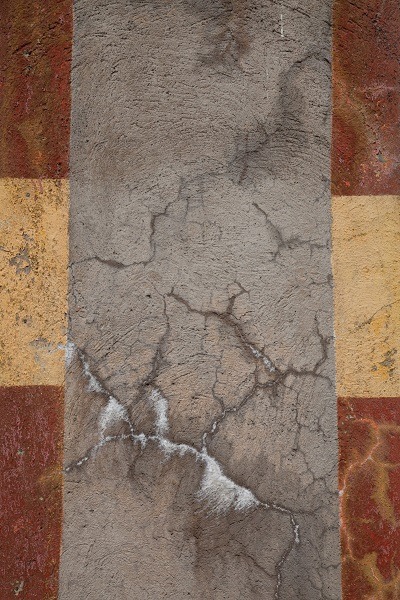Random cracking is a very common occurrence in concrete surfaces. They are often caused by low-quality cement and improper mixing of cement material. Usually, cracks appear on the surface of the concrete. However, they can spread deep within the concrete as well, causing it to be structurally compromised. Unfortunately, the repairs for random cracks such as concrete cutting can be very costly, especially if it goes deep into the foundation, requiring a complete tear down to fix. This post will talk about preventative methods you can use to avoid random cracks in concrete.
Mix properly
Improperly mixing in layers of cement and aggregates can cause random cracks in the foundation wall or driveway. Make sure the cement is completely mixed with all parts of sand and stone before pouring into a form. You should also avoid pouring wet concrete onto dry concrete as it forces air pockets into the mix, leading to cracking later on. Additionally, mixing the concrete can be done using a vibrating machine to break up the concrete, which is a great way to keep it wet until it’s time to pour.
Use Reinforcement
Reinforcement is a significant and prudent step to take when trying to prevent random cracks in concrete from occurring. Using steel, polypropylene, or Polyester fabric can significantly reinforce your foundation wall against future cracking issues. Ensure they have been installed correctly, though, as reinforcement on its own does not fully protect against cracking issues; it just adds additional strength to the foundation wall where it’s needed most.
Use Quality Cement
Using low-grade cement can cause random cracks in your concrete because low-grade cement has been found to crack much more quickly than high-quality cement does. High-quality cement is more resistant to heat and moisture damage as well, making it the best option for preventing random cracks in concrete. So make sure you use high-quality cement to mix your concrete mixtures, or you may have random cracks in your foundation later on.
Add Control Joints.
Using control joints can significantly improve the overall strength of your foundation because it will break up the concrete into smaller blocks to make sure it’s evenly distributed throughout the foundation. Doing so helps prevent air pockets from forming within the concrete and significantly increases its resistance to future cracks. Additionally, control joints can help prevent cracks from spreading through the foundation through force.
Reduce Water Content In Concrete
Reducing the water content in concrete will help condense the particles further inside the structure, making it more resistant to cracks. Using too much water will reduce the concrete’s resistance to stress and make it more prone to random cracks.
Proper Curing Of Concrete
Proper curing of concrete is key in keeping it from cracking down the road. If you fail to cure the concrete properly, you can cause the material to shrink and crack. The best way to do this is by leaving a moisture source on top of the concrete for about 24 hours after it has been fully set. You can accomplish this easily by spraying some water onto the concrete surface and covering it with cotton mats soaked in the moisture from the water. You should avoid subjecting heavy pressure to the concrete while it’s still curing because it can cause air pockets within the concrete and make it more vulnerable to future cracks.
Use Proper Finishing Techniques
Provided that you’re using fresh concrete, finishing your foundation walls properly is very important to ensure their long-term durability. You need to use a mortar to seal the concrete surface and increase its resistance to cracks. Proper mortar mixing will ensure no air pockets or voids within the foundation walls and significantly increase overall strength. Also, ensure proper timing during the base finishing process because if you apply the mortar on concrete that is still wet or overly dry, it can easily cause cracks to form in your concrete foundation walls.
Dealing with random cracks in concrete is quite difficult and expensive for most people. However, by taking the preventative measures listed above, you can greatly reduce the likelihood of having random cracks. If you have discovered random cracks in concrete and want to have them repaired professionally, please choose a qualified contractor, as they will help ensure the repairs are done correctly.

